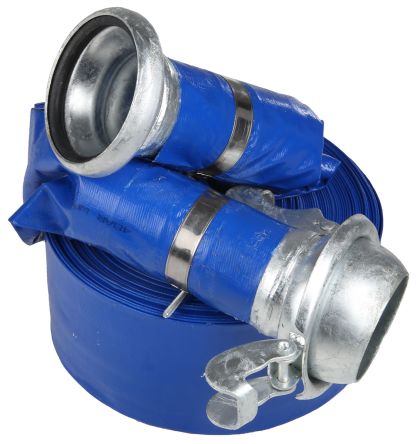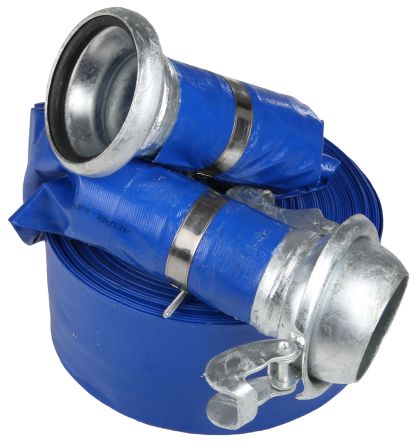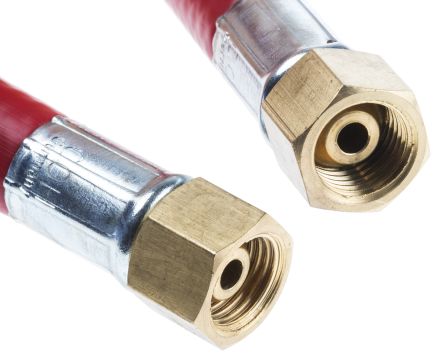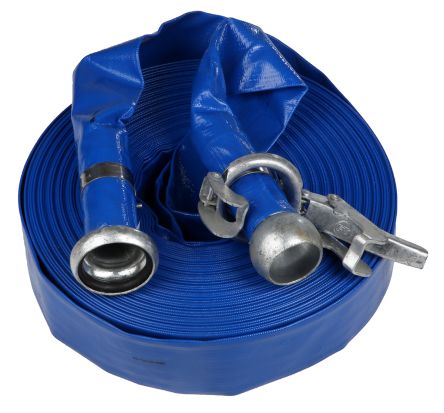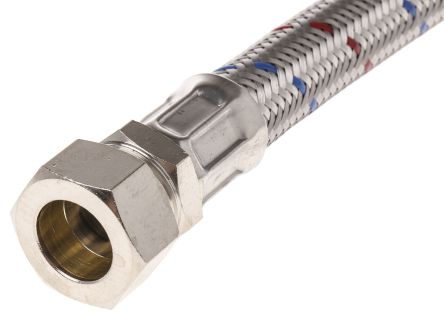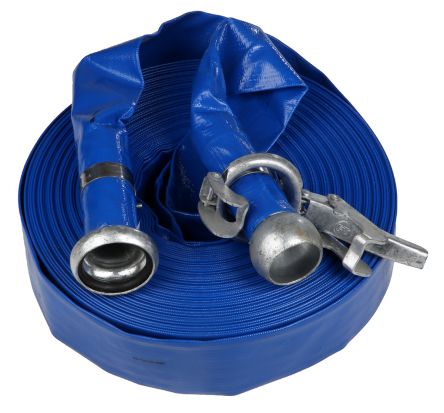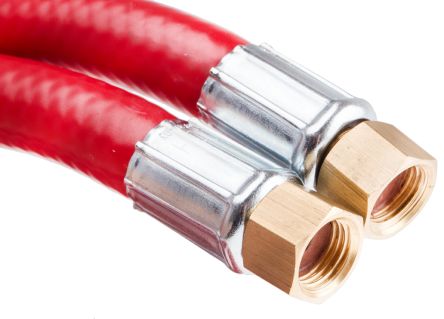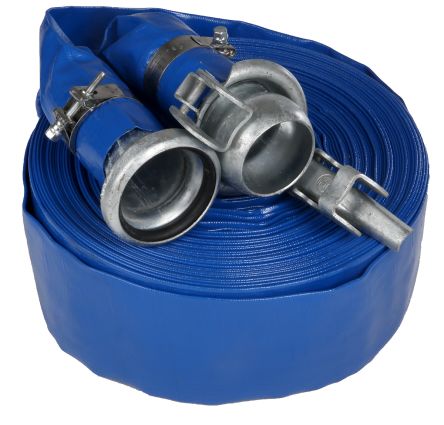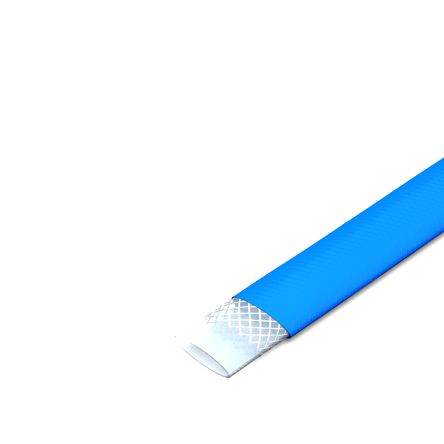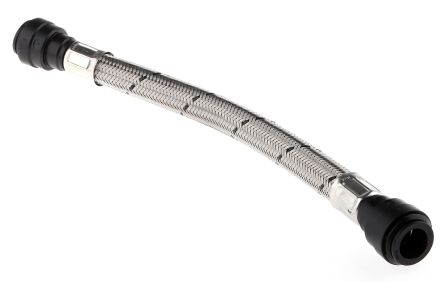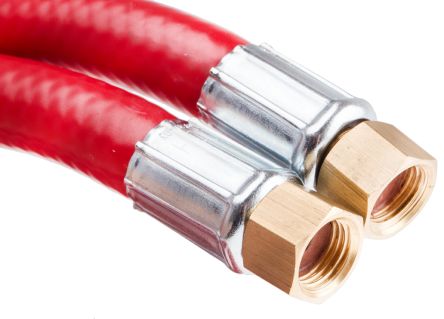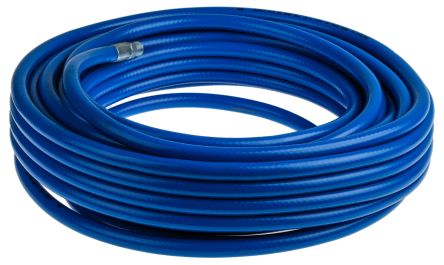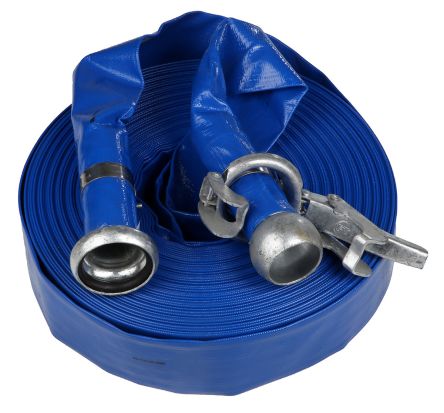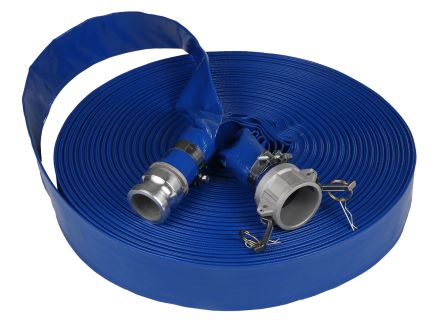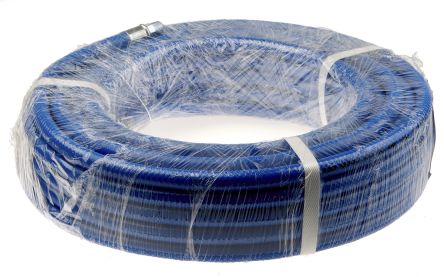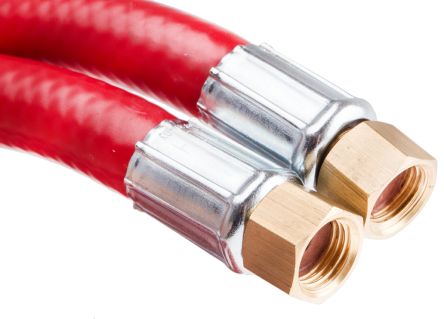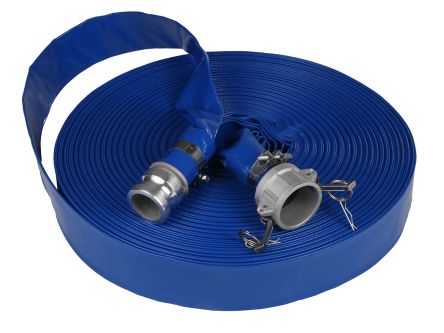- Automation & Control Gear
- Cables & Wires
- Enclosures & Server Racks
- Fuses & Circuit Breakers
- HVAC, Fans & Thermal Management
- Lighting
- Relays & Signal Conditioning
- Switches
- Batteries & Chargers
- Connectors
- Displays & Optoelectronics
- ESD Control, Cleanroom & PCB Prototyping
- Passive Components
- Power Supplies & Transformers
- Raspberry Pi, Arduino, ROCK, STEM Education & Development Tools
- Semiconductors
Hose Assemblies
Here at RS, we have two main types of hose assemblies, flexible hose assemblies and also process tube assemblies
Flexible hoses have been designed to have greater strength and durability than traditional hoses with the addition of a layer of stainless steel braiding. When pressure is applied to a non-braided tube it can weaken, expand and even rupture. To avoid this, an external layer of braid is recommended to take this pressure and maintain strength through the length of the tube. The braid follows the movement of the hose for better flexibility helping to avoid kinks and crimping.
How do flexible hoses work?
A braided design is wrapped around a tube to prevent longitudinal expansion, increasing the internal pressure strength of the tube. Braided stainless steel hoses are available in one or two layers, dependant on requirements. The layered braiding ensures free movement by flexing to the shape of the hose. The braid is made using closely woven stainless steel wire, so is strong as well as being flexible.
What are braided stainless steel hoses used for?
As they have high resistance to pressure and are durable, braided stainless steel hoses are ideal for a range of industries including heating, ventilation and automation. They’re typically available with a wide range of end connections, lengths and bore sizes to suit a number of uses.
